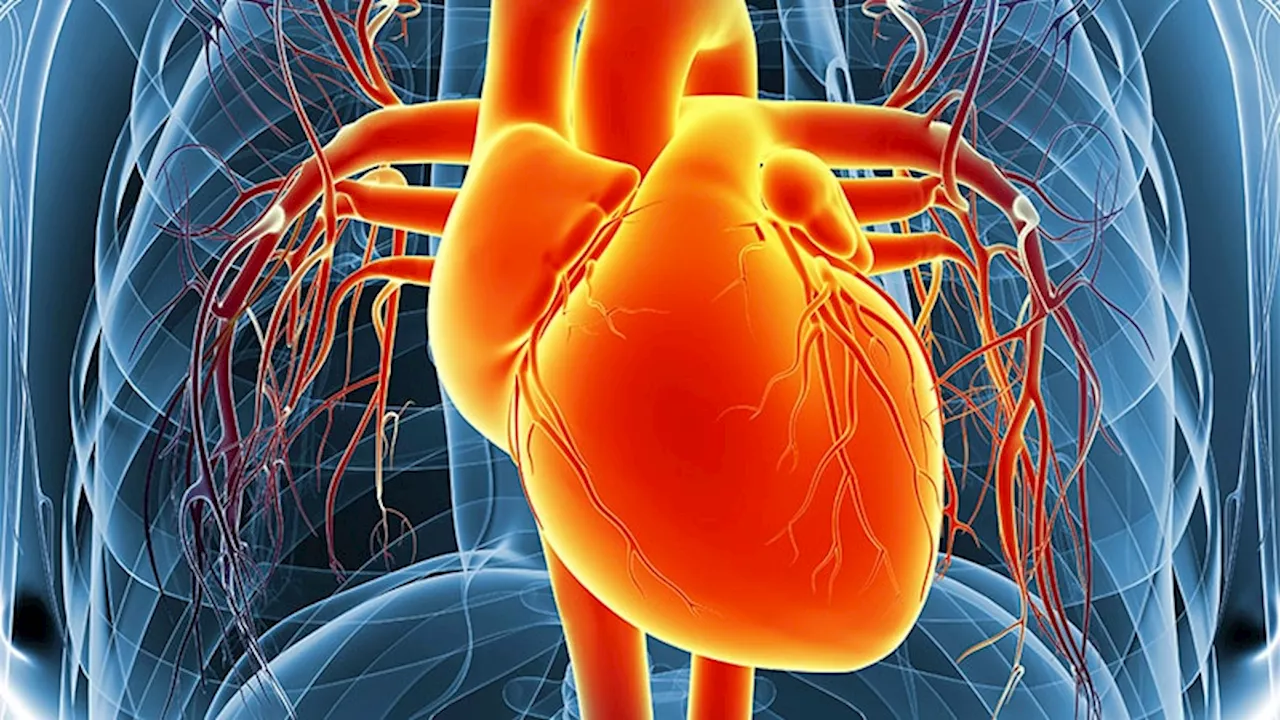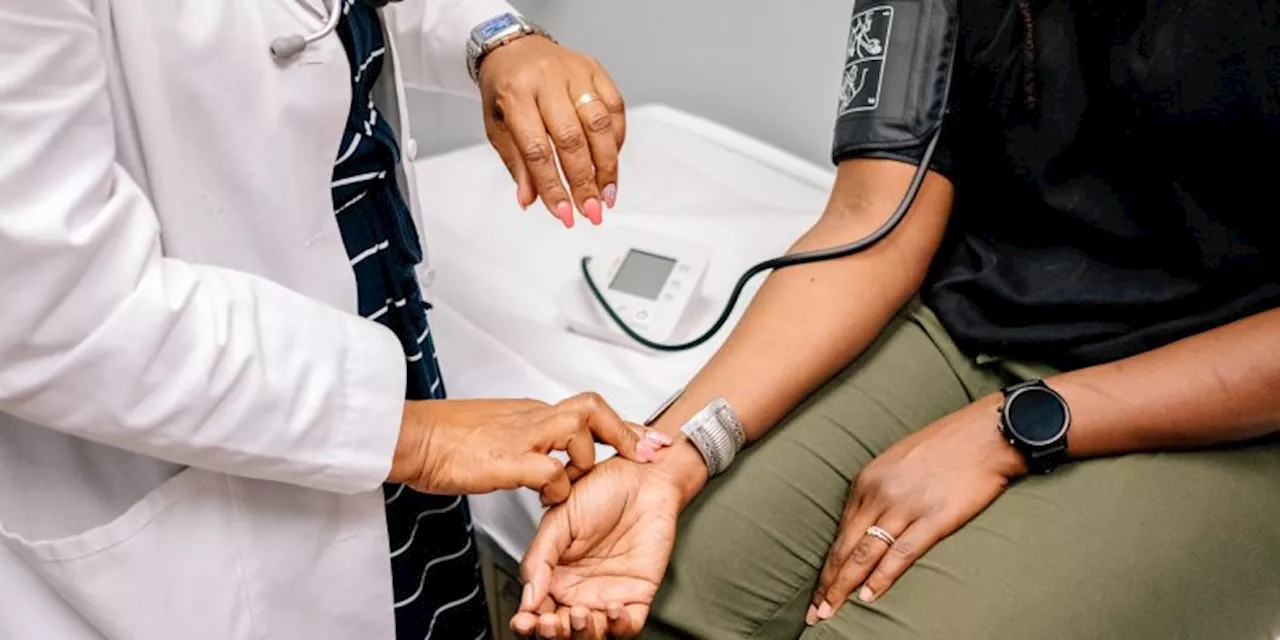A recent study published in Science Advances explores the link between pessimism and anxiety, revealing that individuals who tend to view the world through a negative lens may be more susceptible to experiencing anxiety symptoms. The research suggests that pessimism, potentially as a coping mechanism to avoid disappointment, could contribute to an inaccurate perception of the world and increase vulnerability to anxiety.
There are a number of factors that can contribute to anxiety, from stress to burnout to not getting enough sleep. However, according to research published in the journal Science Advances, there could be certain personality traits that contribute to anxiety as well. Namely, pessimists may be more likely to struggle with it—here's what the research found. Studying the relationship between pessimism and anxiety, researchers looked at the attitudes of over 600 college students before their exams.
They had the students predict the grades they expected on their tests, finding that some students clearly displayed an optimism bias, while others displayed the opposite. As the study authors write, 'Individuals with elevated negative emotionality, a personality trait linked to the development of anxiety disorders, displayed a global pessimism and learning differences that impeded accurate expectations and predicted future anxiety symptoms.' In other words, even when pessimists did better than they expected on their tests, they didn't move forward with an updated perspective that their good grades could be replicated. Meanwhile, optimists did raise expectations of their grades based on their performance. Then, when surveyed three years later, it was the pessimists who showed greater signs of anxiety.The study authors note this pessimism could be a coping mechanism to avoid disappointment, which is also a symptom of anxiety. 'We hypothesize that a conditioned aversion to negative and unpredictable events would lead a person to develop a pessimistic and inaccurate model of the world, which may predict risk for anxiety,' the study authors add. What to do about it If you've been struggling with anxiety and think a negativity bias could be at play, the good news is, you can slowly but surely tap into a more optimistic, or at least realistic, perspective. For one thing, considering the study authors suspect it could be a fear or avoidance of disappointment driving pessimism, learning to practice radical acceptance could be a good place to start. As therapist Megan Bruneau, M.A., previously wrote for mbg, 'Acceptance can be practiced in all areas of your life This doesn't mean you necessarily endorse whatever it is that you're accepting in these realms; rather, you recognize that you can't change the current nature of this exact moment, and accepting manages anxiety and helps calm.' And when things do go awry, it's important to be able to bounce back. To that end, here's our full guide on how to rebound when things go wrong. As you learn to be less pessimistic, that doesn't mean you won't still feel moments of anxiety and stress, and that's when you'll want to lean on stress-busting practices like meditation, yoga, and spending time in nature. It could also be worthwhile to try out a quality supplement for stress as you learn how to manage your anxious feelings. The takeaway Anxiety can arise from a number of factors, and a pessimistic outlook may just be one of them. While it can take time to rewire those negativity biases, as you do, you may just find you feel less anxious as a result
Anxiety Pessimism Optimism Mental Health Psychology Coping Mechanisms
United States Latest News, United States Headlines
Similar News:You can also read news stories similar to this one that we have collected from other news sources.
 Cannabis Use Linked to Increased Anxiety Risk, Especially for Baby BoomersA Canadian study analyzing health data found a correlation between cannabis use and an increased risk of anxiety disorders, particularly among Baby Boomers who may be unaccustomed to the higher THC concentration in modern cannabis. The study suggests that cannabis might exacerbate anxiety rather than alleviate it.
Cannabis Use Linked to Increased Anxiety Risk, Especially for Baby BoomersA Canadian study analyzing health data found a correlation between cannabis use and an increased risk of anxiety disorders, particularly among Baby Boomers who may be unaccustomed to the higher THC concentration in modern cannabis. The study suggests that cannabis might exacerbate anxiety rather than alleviate it.
Read more »
 Anorexia Nervosa Linked to Increased Risk of Cardiovascular ConditionsA new study has found that patients with anorexia nervosa are at a significantly increased risk for cardiovascular conditions such as congestive heart failure and cardiac arrest.
Anorexia Nervosa Linked to Increased Risk of Cardiovascular ConditionsA new study has found that patients with anorexia nervosa are at a significantly increased risk for cardiovascular conditions such as congestive heart failure and cardiac arrest.
Read more »
 Repeated Tylenol Use Linked to Increased Health Risks in Older AdultsA new study suggests that frequent use of acetaminophen (Tylenol) among people aged 65 and older may be associated with a heightened risk of developing various health issues such as peptic ulcers, heart failure, hypertension, and chronic kidney disease.
Repeated Tylenol Use Linked to Increased Health Risks in Older AdultsA new study suggests that frequent use of acetaminophen (Tylenol) among people aged 65 and older may be associated with a heightened risk of developing various health issues such as peptic ulcers, heart failure, hypertension, and chronic kidney disease.
Read more »
 Bedtime Procrastination Linked to Anxiety and Sleep ProblemsA new study has found a connection between delaying bedtime and both anxiety and sleep difficulties.
Bedtime Procrastination Linked to Anxiety and Sleep ProblemsA new study has found a connection between delaying bedtime and both anxiety and sleep difficulties.
Read more »
 Laxative Use Linked to Increased Dementia RiskA new study suggests that regular use of over-the-counter laxatives may be associated with a higher risk of developing dementia.
Laxative Use Linked to Increased Dementia RiskA new study suggests that regular use of over-the-counter laxatives may be associated with a higher risk of developing dementia.
Read more »
 Hot Flashes Linked to Increased Risk of Cardiovascular DiseaseA new study reveals a potential link between frequent hot flashes and a higher risk of cardiovascular disease in women.
Hot Flashes Linked to Increased Risk of Cardiovascular DiseaseA new study reveals a potential link between frequent hot flashes and a higher risk of cardiovascular disease in women.
Read more »
